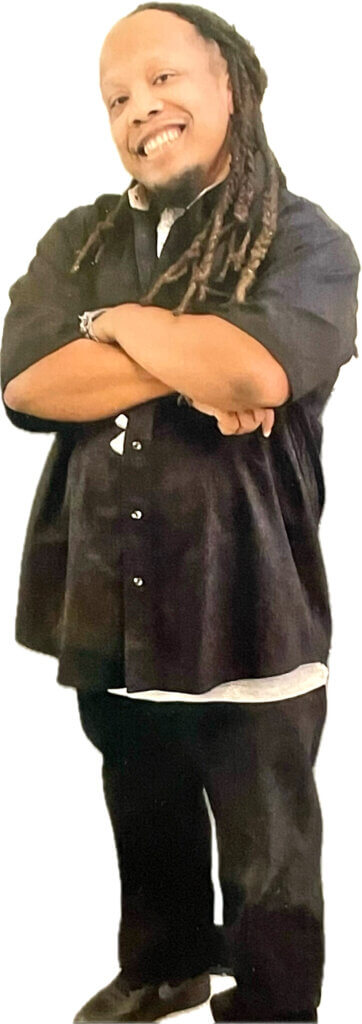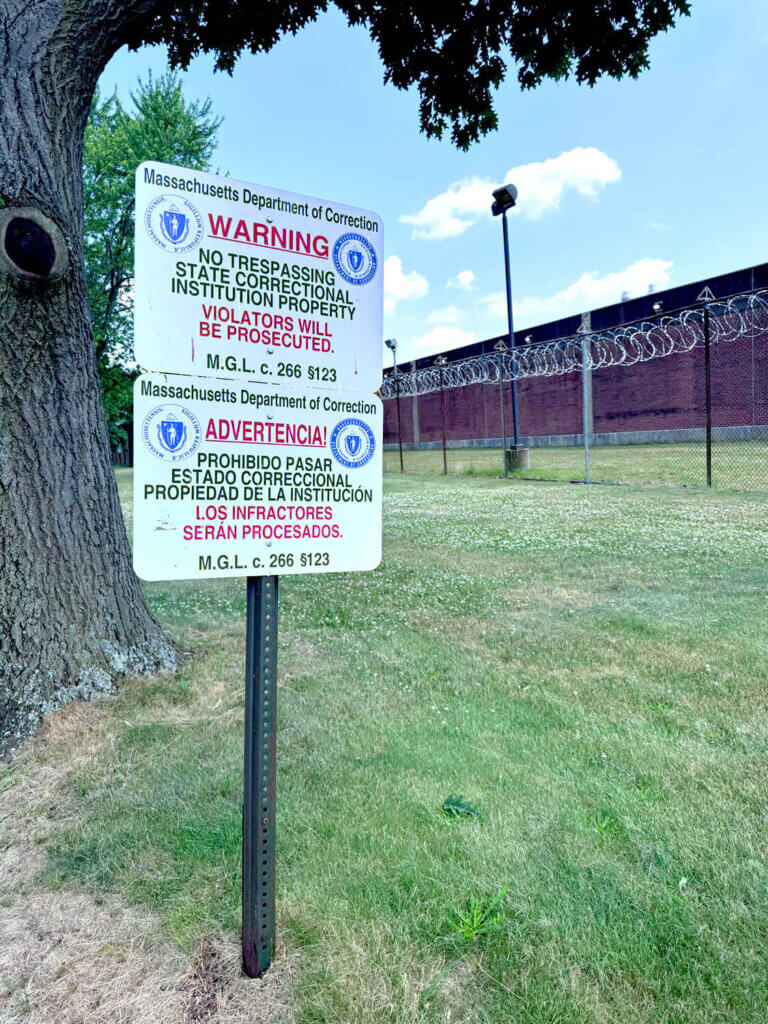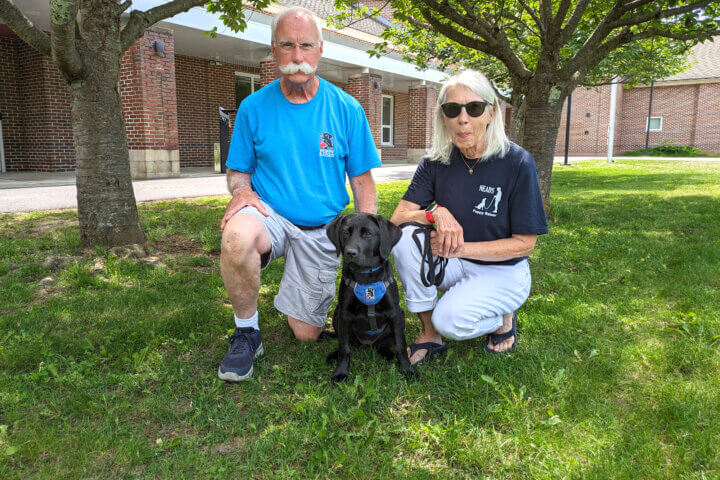Ahead of the closure of MCI-Concord, The Concord Bridge asked current and former inmates to write about their prison experiences.
My nightmares on Elm Street, by Alexander Bolling
965 Elm Street is the site of the oldest prison in Massachusetts. Built in 1878, MCI-Concord still presents an archaic aura. Billows of steam shoot up from the cracked and sunken pavement, adding a sense of dread to the menace of razor-wired fences. The idea that I had somehow stepped into a nightmare was punctuated by the common tagline of the prison staff: “Living the dream!”

However, in spite of all its structural iniquities, MCI-Concord is the place where I changed my life.
From the moment I was convicted, I tried to prepare myself for life in prison. However, I never dreamed of the day-to-day indignities I would face. MCI-Concord provided opportunities I didn’t have at Souza-Baranowski, but also a new set of difficulties. From having to shower with no hot water in the dead of winter, to hoping for the least toxic scenario when the water went brown, to having no running water at all. I still shudder at the memory of the port-a-potties and the ghastly sight that caused an immediate about-face.
Each day provided examples of why this place was uninhabitable. Even as I write these words, I sit beside a puddle in front of my cell. A leak just above my door has cracked the concrete and began to leak on the tier below.
Yet, in the midst of this crumbling structure, my biggest worry was being able to complete my education.
I enrolled in college through the Emerson Prison Initiative in 2017, just months after I arrived at Concord. I dedicated myself to education and the success of the program.
My classmates became some of my closest companions and our academic community expanded as Tufts began their own program at Concord and EPI added a second cohort.
However, within two years, I was worried about the prison lasting long enough for me to make it to graduation. Each sinkhole or burst pipe threatened a closure that could snatch my goal from my grasp.
Concord did last long enough and I did graduate in 2022. It even lasted long enough for the first cohort of Tufts to graduate this past January. Yet, it was only one day after the ceremony that it was announced that MCI-Concord was being shut down.
On the macro level, I consider any prison closure a victory. However, on the micro level, I am cognizant of the lives that are being disrupted by this change. EPI had relocated to MCI-Norfolk months before, but there were still members of Tufts’ second and third cohort who were experiencing what I feared over a five-year period.
I find myself trying to wish good riddance to Concord and good luck to my friends. I can only hope that they land in an environment that can accommodate the pursuit of their goals.
Alexander Bolling is a writer who earned his BA summa cum laude from Emerson College in September 2022. He entered MCI-Concord in 2017 after being sentenced for homicide. As of this writing, he did not know where he would be transferred when the Concord prison closed.
*****

A moment of kindness, by Kentel M. Weaver
I overheard the nurse call me a patient one day, and I cringed. The reflex was natural, because in my whole 19 years, I’ve never met a nurse who has seen me as anything other than a W number, or a convict, or a person who’s unworthy of medical treatment equivalent to an individual who has never been in handcuffs.
I’m not used to being treated with human decency. Imagine what it feels like to be treated with kindness, and something feeling “off” about it. I’m so used to being dehumanized that the pain from such treatment has ossified into this belief that tells me I’m deserving of such abuse. I shrug my shoulders in ambivalence, saying to myself, “It is what it is.”
When I hear the word “patient,” I automatically associate it with the word “privilege.” I have this gut feeling — that could be wrong — that tells me that most nurses I’ve interacted with in here believe that we’re no longer entitled to such privileges. I’ve never come back from an appointment with a nurse in here and felt confident in whatever treatment I had been given. Their medical opinions never wavered from the predictable script I’d become familiar with:
“Headache? Drink water.”
“Stomach pain? Drink water, take Motrin.”
“Fever? Drink water.”
“Broken hand? Drink water, take Motrin.”
My frustration was always clear. I would flash my million-dollar smile that disarms white people, and act like I was grateful for the medical treatment.
The nurse here is different, though. She sees all of us as patients. Real patients. Patients who require something other than Motrin. She’s the one nurse who doesn’t believe that water is the panacea of all illness. She stands firmly against the established order that upholds the dehumanizing practices that are the norm. I’ve watched her scream over the phone with urgency about medication that was supposed to be delivered for inmates the day prior. It felt good to know that someone finally cared. I could see her compassion was genuine.
My appreciation is swallowed by the mouth of this overwhelming fear, though. A fear of knowing that she probably won’t be here long, because she doesn’t fit the mold. She’s a glitch in the matrix. A variable that disrupts the status quo that has to be eliminated or terminated. But even when she’s terminated, her defiance will be celebrated. She’s the nurse who provided us with something other than Motrin… the nurse who treated us like “real” patients.
The author is a social justice advocate, poet, aspiring author, and the second formerly incarcerated student to be admitted to Tufts University. After fatally shooting another teenager at age 16, he was in prison from 2003 to 2022, including at MCI-Concord from 2015 to 2021 before transferring to Northeastern Correctional Center.





